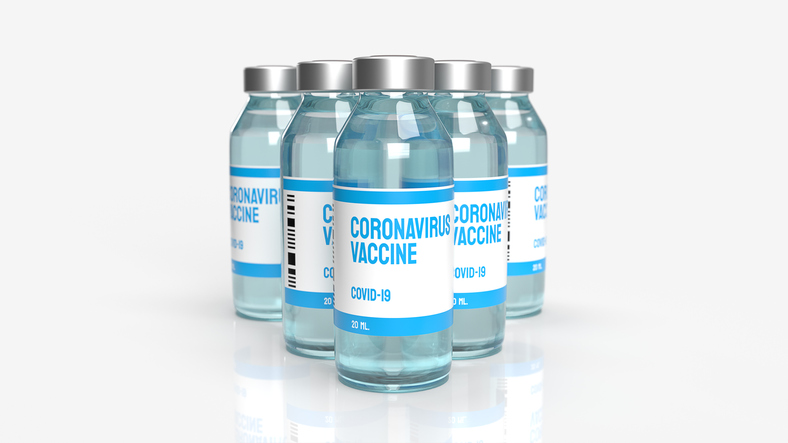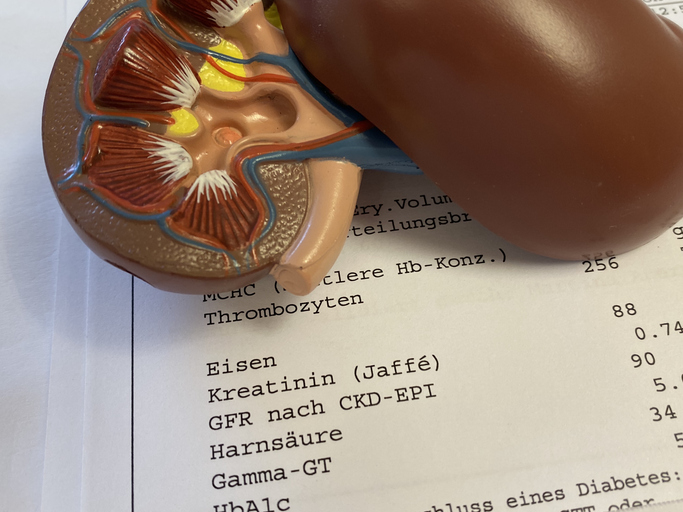“In just the first half of 2021, 21,061 organ transplants have been performed in the U.S. according to data from United Network for Organ Sharing (UNOS), which serves as the Organ Procurement and Transplantation Network under federal contract.
Organ donation from deceased donors is up 15% over last year. There were 900 more deceased donors — people who provided one or more organs to save and enhance the lives of others — between January 1 and June 30 of 2021 than there were during the same period in 2020. The drop in donors caused by the pandemic beginning in the middle of March last year was offset enough by high numbers early in the year that there were still 242 more donors in the first half of 2020 than in the first half of 2019.
Organ transplants from deceased donors are also up — by 11%. A total of 17,821 deceased donor transplants were performed in the U.S. in the first half of 2021 compared to 15,933 in the first six months of last year. 2020 marked the 10th consecutive record breaking year for organ donation from deceased donors and the 8th in a row for deceased donor transplants.”
Read more, here.





